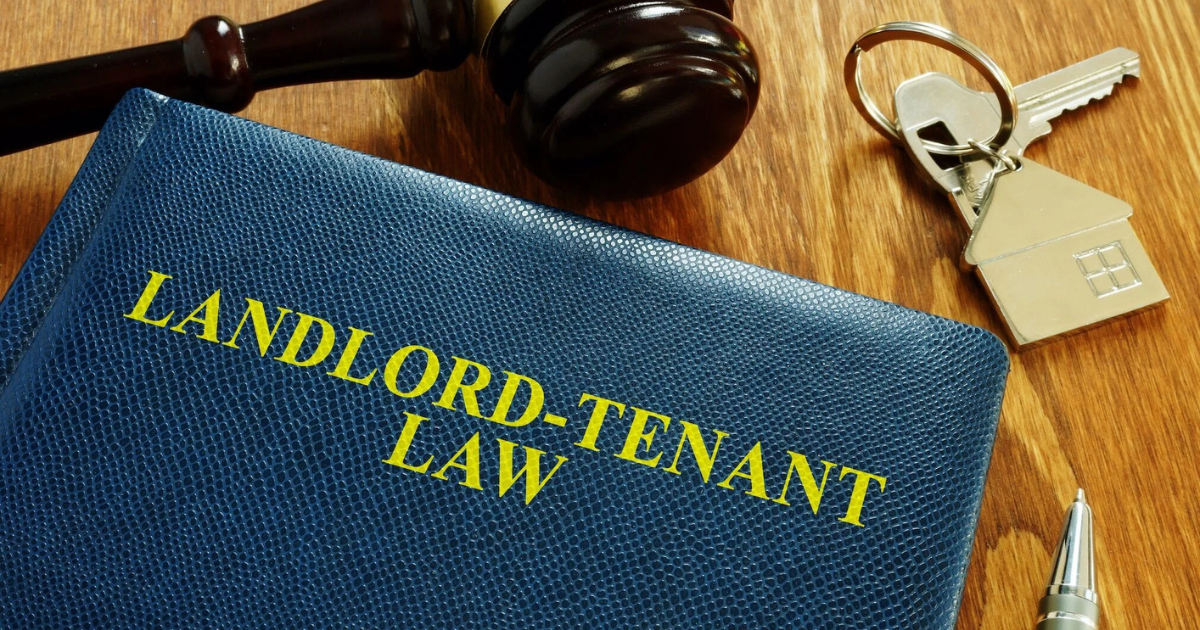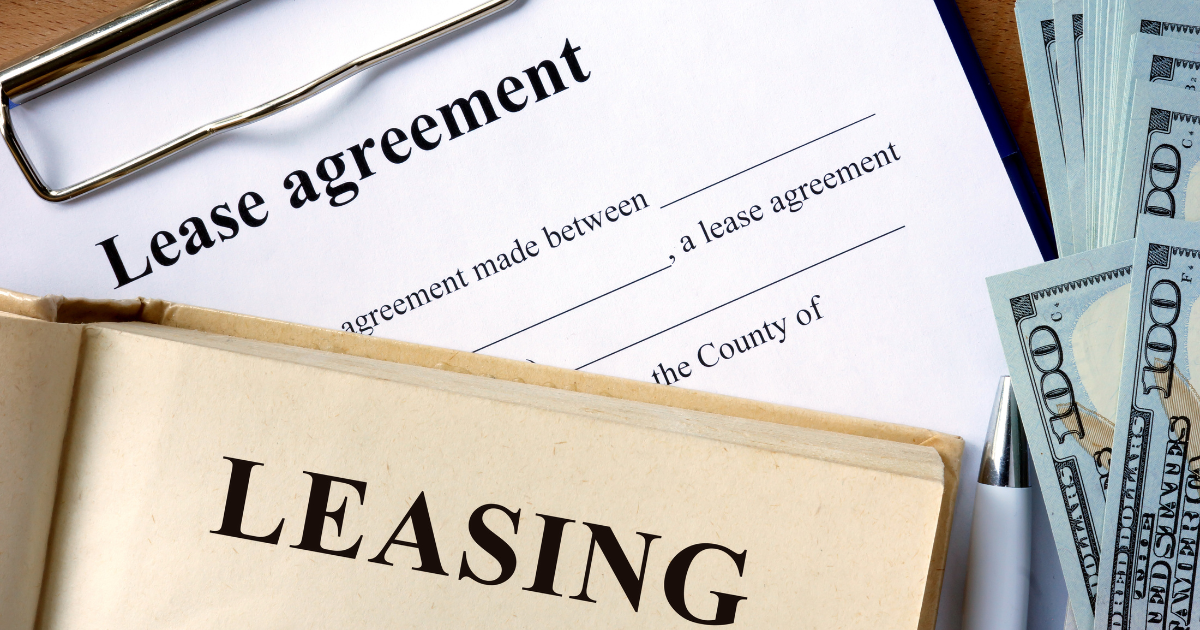Ruling Illustrates Court’s Protective View in Regards to Tenants’ Rights
Last week, the Pennsylvania Superior Court in Frempong v. Richardson, 2019 Pa. Super. 139 (Apr. 30, 2019) overturned that ruling and, for the time...
3 min read
Alan Nochumson : Jan 15, 2019 9:00:00 AM

Section 9-804 is contained within Chapter 9-800 of the Philadelphia Code which is titled “Landlord and Tenant.”
Introduced in the Philadelphia City Council on Oct. 5, 2017, the bill originally required that residential landlords have “good cause” for evicting all residential tenants. Prior to its enactment by city council on Dec. 6, 2018, the bill was amended to limit its application to residential leases of a lease term in duration of less than one year.
Section 9-804(12)(a) of the Philadelphia Code now includes a list of “good causes” permitting residential landlords to issue a notice to vacate, a notice of nonrenewal of the lease, or a notice to terminate the lease to their residential tenants.
This list includes, among other things, the habitual nonpayment or late payment of rent by residential tenants, breach of a material term of the lease by residential tenants, nuisance behavior exhibited by residential tenants during the lease term, a substantial deterioration of the leased premises by residential tenants, residential tenants refusing to give residential landlords reasonable access to the leased premises, and residential landlords or the immediate family members of residential landlords wishing to occupy the leased premises as their own personal residence.
The bill also imposes obligations upon residential landlords who wish to maintain relationships with their residential tenants. Under the bill, a residential landlord has “good cause” to demand that their residential tenant vacate from the leased premises if the residential tenant refuses to execute an extension of the lease binding the parties that is set to expire for materially the same terms and conditions or even substantial changes to the lease under certain circumstances.
If, for instance, the residential landlord seeks to increase the rent due for a new lease term, the residential landlord must send written notice to their residential tenants at least 30 days prior to the effective date of the rent increase.
In doing so, the residential landlord must notify their residential tenants of the amount of the rent increase, the effective date of the rent increase, and the new payment amount.
The requisite notice must be provided in writing by the residential landlord by way of hand delivery or via first-class U.S. mail with proof of mailing.
If their residential tenants do not accept the substantial changes made to the lease within 15 days prior to the expiration of the current lease term, under the bill, such option to renew the lease will be deemed as denied by the residential tenants.
Under the bill, residential tenants may accept these substantial changes made to the lease in writing by way of hand delivery, first-class U.S. mail with proof of mailing, or via any means acceptable by their residential landlord.
Good cause exists under Section 9-804 for substantial changes made to the lease only if the residential “landlord intends and reasonably expects to apply the proposed … change to the next tenant, if the current tenant rejects the proposed terms” and conditions.
Under the bill, a residential landlord is limited when demanding that their residential tenants vacate from the leased premises due to planned renovations to the leased premises even when the lease term can or is scheduled to expire. If the residential landlord wishes to gain possession of the leased premises under these circumstances, the residential landlord must provide notice of the nonrenewal of the lease at least 60 days prior to the date the leased premises must be vacated, the security deposit being held by the residential landlord must be returned to their residential tenants as promptly as possible prior to the date of move-out, and their residential tenants are given the option to renew the tenancy at the market rental rate when the leased premises becomes available again for rental (other than for rental to a close family member).
Under the bill, residential landlords must provide written notice of “good cause” by either hand delivery or first-class U.S. mail with proof of mailing. If residential landlords fail to do so, the bill states that “the lease shall renew on a month-to-month basis” at the option of their residential tenants.
Furthermore, the bill, which amends Section 9-804, empowers residential tenants to challenge evictions which do not meet “good cause” standards in court or before the city of Philadelphia’s Fair Housing Commission.
Any such challenge must be filed by residential tenants within 15 business days from their receipt of the notice of good cause they so received.
While the challenge by the residential tenant is pending before the Fair Housing Commission, the residential landlord’s notice for either the residential tenant to vacate from the leased premises or of nonrenewal or termination of the lease term will not be effective unless a court finds that the challenge was filed in bad faith.
Although the new provisions of Section 9-804 only apply to leases of a duration of less than one year, the impact it will have on the relationship between these residential landlords and tenants cannot be discounted.
In addition, while the new provisions of Section 9-804 merely confirms that residential landlords may seek possession of leased premises against defaulting residential tenants, nondefaulting residential tenants clearly now possess rights to remain in the leased premises under newly defined circumstances which may limit residential landlords from gaining immediate possession of their investment properties.
The question now remains whether the city of Philadelphia will ultimately expand these new protections to the vast majority of residential tenants who possess leases with a lease term in duration of one year or longer.
Reprinted with permission from The Legal Intelligencer © 2019 ALM Media Properties, LLC. All rights reserved. Further duplication without permission is prohibited. For information, contact 877-257-3382, reprints@alm.com or visit www.almreprints.com.

Last week, the Pennsylvania Superior Court in Frempong v. Richardson, 2019 Pa. Super. 139 (Apr. 30, 2019) overturned that ruling and, for the time...

In the commercial lease context, a landlord in Pennsylvania is not required to find a replacement tenant where the original tenant leaves the leased...

In a recent opinion handed down by the Pennsylvania Superior Court inCooper v. SGYS St. Ives,2025 Pa Super. LEXIS 126 (Pa. Super. Ct. March 19,...